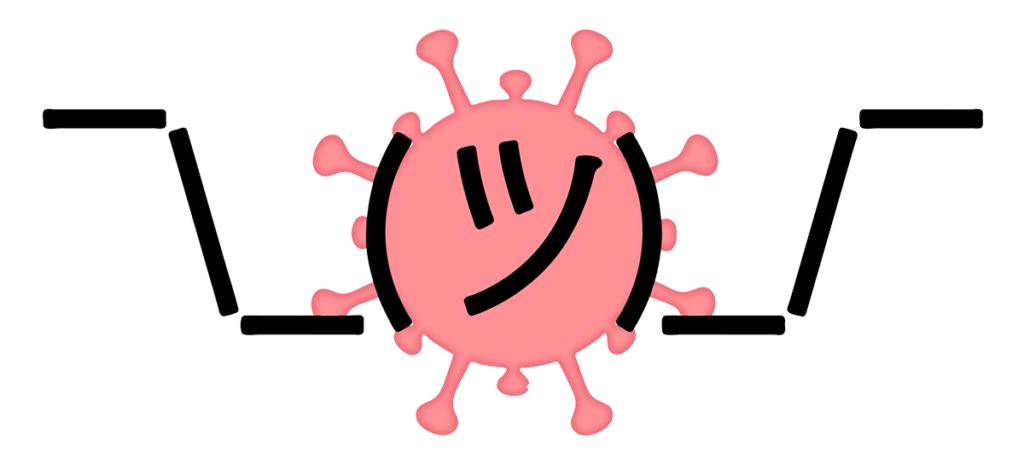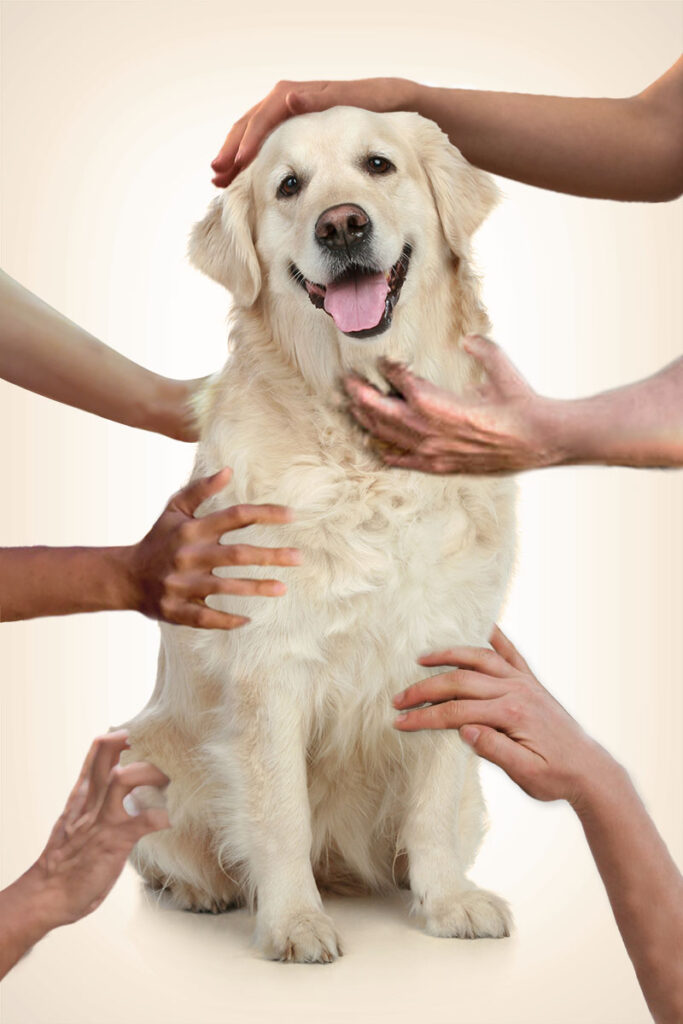
It’s been fascinating to track the changes in societal attitudes toward COVID over the past (nearly) three years. At the beginning of the pandemic, the message from public health experts was: You’re going to get COVID. Everybody’s going to get it. We just have to make sure that everybody doesn’t get it at the same time, so as to avoid overwhelming the health care system. That was the idea behind “flattening the curve” (a phrase that now has a fairly quaint ring to it, like “surfing the web”).
Then came the sudden, miraculous appearance of the Pfizer, Moderna, and Johnson & Johnson vaccines, which changed the prevailing wisdom to: Nobody has to get COVID, as long as we all stay current on our vaccinations.
Eventually the emergence of Omicron and its many rapidly evolving subvariants brought us back to: Well, it turns out you’re going to get COVID after all. But so long as you’re vaccinated (and boosted), it’s not going to kill you.
Now, so far as I can tell, the general attitude of both the government and the public is: Yeah, OK, whatever.
At least that’s my impression here in the UK, where Debra and I celebrated the third week of our two-month stay in London by contracting a juicy, joint case of COVID. (I can’t say that I’m surprised, given that nobody — and I mean nobody — wears masks here. As much as we’re trying to live like average Londoners, when we put on our KN-95s while riding in a crowded Underground train, we immediately and blatantly label ourselves as outsiders.)
As soon as we saw the positive results of our antigen tests, we went online to find out what resources were available for us. The National Health Service fortunately has lots of easy-to-find information on the subject, which can pretty much be summarized as “COVID — is that still a thing?”
I’m not kidding. It’s fortunate that we brought our own supply of COVID tests from home, because they’re difficult to come by here. The NHS offers free COVID testing to people who have serious health conditions, who are being admitted to a hospital, or who work in social services. According to the NHS website, if you’re not in any of those categories, then “you’re no longer advised to get tested.”
And what happens if you do get your hands on a test, and it turns up positive? The NHS’s advice is “Try to” — and yes, it actually does say “try to” — “stay at home and avoid contact with other people for 5 days.” That’s basically it.
So we’ve been self-isolating in our basement flat since Sunday, depending on food-delivery services to keep our refrigerator stocked. (My favorite of the UK delivery services is Deliveroo, whose slogan is, “Food — we get it!”) Not that either of us has had much of an appetite. To confirm our positive test results, we went through the list of COVID symptoms, and found that we both had textbook cases: “Fever, yup. Coughing, yup. Shortness of breath or difficulty breathing, yup. Muscle or body aches, headache, sore throat, congestion or runny nose — yuppity yuppity yup.…” Fortunately, one symptom that we haven’t experienced is loss of taste or smell. Which brings me to the bright note on which I’d like to end this post: peri-peri chicken!
Peri-peri (sometimes spelled piri-piri) is a South African hot-pepper sauce that we first encountered during our visit to Cape Town ten years ago. I thought that peri-peri chicken was strictly a South African specialty, but for some reason, every chicken joint here in London seems to offer it. Even during my first few days of COVID, when I had no desire for food at all, finding some leftover peri-peri chicken in the fridge was enough to revive my appetite, to the point where I immediately devoured half a bird. The flavor is irresistible, and the spiciness cuts through all of that COVID-induced congestion. I was brought up to trust that chicken soup is the cure for everything, but clearly my Jewish relatives had never been to South Africa, or London.

Recent Comments